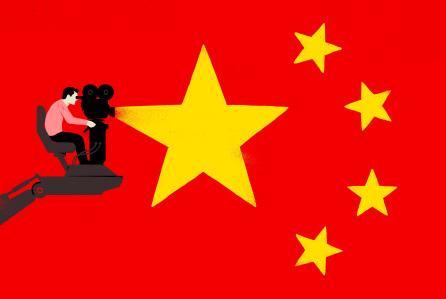Document 79: China’s strategy to exclude U.S. tech

YOURNEWS.COM
In a strategic move titled “Document 79”, China is reportedly enacting a plan to remove American technology from its tech sector, The Wall Street Journal revealed. This directive mandates Chinese state-owned enterprises to eliminate foreign software by 2027, aiming to promote self-sufficiency and address security concerns. The secretive nature of Document 79 is highlighted by its dissemination method, with officials and executives required to memorize its contents without creating physical copies.
The State-Owned Assets Supervision and Administration Commission (SASAC), which supervises the execution of this directive, oversees SOEs that hold nearly $7 trillion in assets. Despite the directive’s secrecy, its existence and nickname “Delete A” have leaked, leading some Chinese software companies to openly market their ability to assist in this technological decoupling.
The shift towards domestic IT products, although intended to strengthen China’s tech autonomy, has reportedly led to dissatisfaction among executives over the quality compared to American counterparts. This move has also caused notable market share losses for U.S. tech giants such as Dell, Hewlett-Packard, and even Microsoft in China. Local tech firms, like Huawei, are developing alternatives to American electronics, further challenging U.S. companies’ market positions.
Interestingly, this report contrasts with President Joe Biden’s recent emphasis on restricting high-tech exports to China, a measure that addresses only the most advanced computer technologies. The Wall Street Journal suggests that Xi Jinping’s broader initiative aims to systematically phase out American tech from Chinese industries, a plan spurred by concerns over domestic reliance on foreign technologies since the Edward Snowden disclosures.
The origins of Document 79’s details remain unclear, though Japan’s Yomiuri Shimbun reported on the directive’s existence and its requirement for SOEs to report on their transition to domestic technologies. The move raises questions about China’s intentions regarding international trade and transparency, particularly in light of its interest in joining the Comprehensive and Progressive Trans-Pacific Partnership (CPTPP) while engaging in practices that seem to contradict the principles of free trade and openness.
Read more at: YourNews.com




























Comments
They can eliminate foreign software
Comment